
Prithvi Jayanti: Leaders Adorn with Respect, Prime Minister Silent – A Notable Difference
The 302nd birth anniversary of Prithvi Narayan Shah is being celebrated across the country today with various programs organized to commemorate his significant contributions to the unification process of modern Nepal.
President Ram Chandra Paudel arrived at the west gate of Singhadurbar this morning, paying homage to Prithvi Narayan Shah, the unifier of modern Nepal, by offering floral tributes. Prior to this, he released a greeting statement in the morning.
In his statement, President Paudel emphasized that the teachings of Prithvi Narayan Shah remain relevant and influential even today. He highlighted that these profound teachings serve as a guide for economic development, fostering patriotism, and building diplomatic relations with neighboring countries.
The President, in a written note, underscored the importance of remembering Prithvi Narayan Shah, who played a crucial role in uniting the states that were once fragmented. He acknowledged the efforts of our brave ancestors who continued this campaign throughout history, enabling us to take pride in being a sovereign and independent Nepal today.
Similarly, Vice President Ram Sahaya Prasad Yadav emphasized that the beauty of diversity can yield positive results only when it is transformed into a national spirit on the occasion of National Unity Day.
Nepali Congress, the country’s largest party, also extended greetings on the occasion of Prithvi Jayanti and National Unity Day. Party President Sher Bahadur Deuba expressed his respect for the martyrs who sacrificed their lives for nation-building. He emphasized that some of the policies adopted by Prithvi Narayan Shah, who played a significant role in the construction of Nepal, including fostering a self-reliant economy and managing foreign affairs, remain relevant today. Deuba extended his best wishes on Unity Day, encouraging mutual unity and harmony.
KP Sharma Oli, Chairman of the second-largest party, UML, conveyed his profound respect and reverence for Prithvi Narayan Shah while extending his greetings on the occasion. Oli referred to Shah as the leader of geographical integration.
Rabi Lamichhane, the President of the fourth-largest party in the parliament, Rastriya Swatantra Party, described Prithvi Narayan Shah as the visionary monarch who laid the foundation of modern Nepal by unifying small states. He also extended his wishes on Shah’s 302nd birth anniversary and celebrated National Unity Day on the same occasion.
Rashtriya Prajatantra Party, the country’s fifth-largest party advocating for monarchy, held a tea ceremony on the occasion of Prithvi Jayanti and National Unity Day. Party chairman Rajendra Lingden, a proponent of monarchy who is gearing up for a decisive movement starting in Falgun, hextended invitations to politicians to join the tea party. Today, he adorned the picture of Prithvi Narayan Shah with garlands in front of the Singha Darbar. It is a tradition for the RPP to organize a tea party every year on the occasion of Prithvi Jayanti.
Thus, when President Ram Chandra Paudel, who also serves as the head of state, paid floral tributes to the portrait of the founder of the nation, there was not even a statement or a greeting message from the executive head of the country.
The Maoists’ stance towards the royal family and the royal institution is well-known. They are disloyal and extremely opposed to the monarchy. However, Prachanda is not only the Chairman of the Maoists now; he is also the Prime Minister of this country.
Prime Minister Prachanda and his secretariat, who issue statements and greetings on various other festivals and days, did not make any effort to remember the creator of the nation.
If the then king of Gorkha, Prithvi Narayan Shah, had not unified the states of Baise and Chaubise, which were scattered among various social, economic, and geographical challenges, with the enthusiastic support and participation of the people, perhaps he would not be the Prime Minister of Nepal now.
Nepal has become one of the oldest independent countries in the world because Prithvi Narayan Shah’s campaign laid the foundation for preserving national independence and sovereignty.
Prithvi Narayan Shah was born on 27 Poush 1779 BS in Gorkha to King Narabhupal Shah and Queen Kaushalyavati. Prithvi Narayan became the King on Chait 25, 1799 BS. Before that, Nepal was divided into 52 principalities.
After Prithvi Narayan became king, he succeeded in extending the border of Nepal from the Tista River in the east to the Chepe River in the west. Following the demise of Prithvi Narayan, his successors worked to expand the state of Nepal to the fort of Kangada in the west.
Prithvi Narayan Shah conquered Nuwakot in 1801 BS. Twenty-five years later, in 1826 BS, he conquered the Kathmandu Valley. After securing control over the Nepal Valley, Prithvi Narayan Shah expanded the borders of the country.
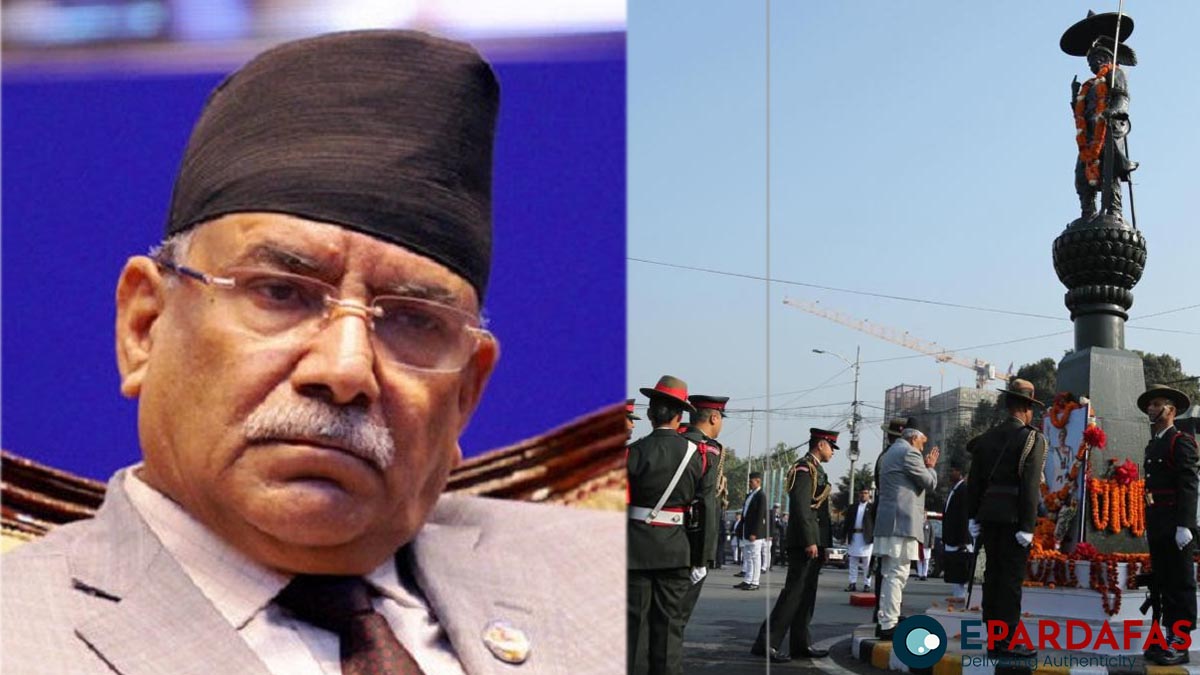


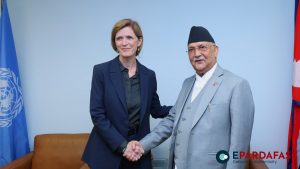
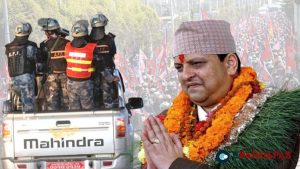
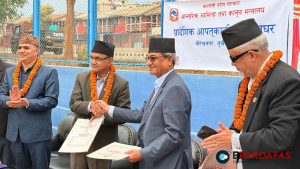


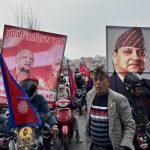
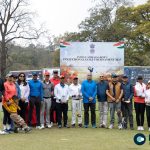
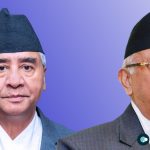
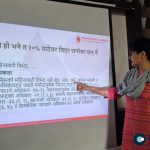

Comments